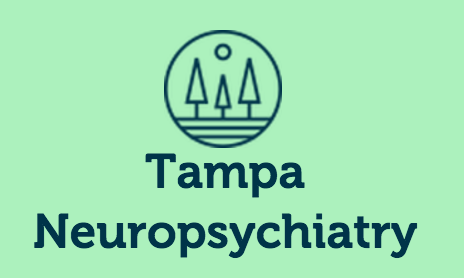
Mold’s Silent Attack on the Brain
Basements, showers, walls, crawl spaces, and attics. What do all of these places have in common? They can attract mold. Mold can have an effect on your overall health and also takes a toll on your brain. Symptoms that are seemingly autonomous may actually all be connected to mold.
The brain contains 86 billion neurons which are connected by trillions of synapses or connections. When exposed to mold or any type of toxin, the brain can become damaged or chemically altered. This is referred to as neurotoxicity and it is caused by organic poisons or mycotoxins, created and released by mold.
The scariest part about mycotoxins is that the inflammation they cause in the body and brain isn’t always obvious. It is easy to label fatigue, loss of appetite or interest in activities as depression. While depression may be the culprit, the cause of the depression can be misdiagnosed. When there is no change after two cycles of medication, patients are deemed “treatment-resistant.”
Many patients also go to doctors with the complaint that their brain isn’t functioning like it used to or feeling tired.
Neurotoxicity related to mold exposure has been known to result in cognitive impairment, mood symptoms, and fatigue.
“Ruling out mold toxicity as a cause for cognitive impairment is helpful and sometimes necessary in determining the course of treatment.”
Get in touch with Tampa Neuropsychiatry if you think you may be affected by mold toxicity.
Click here to learn more about mold toxicity – Surviving Mold.
Categorized in: Work
This post was written by Elevate, Inc.




Comments are closed here.